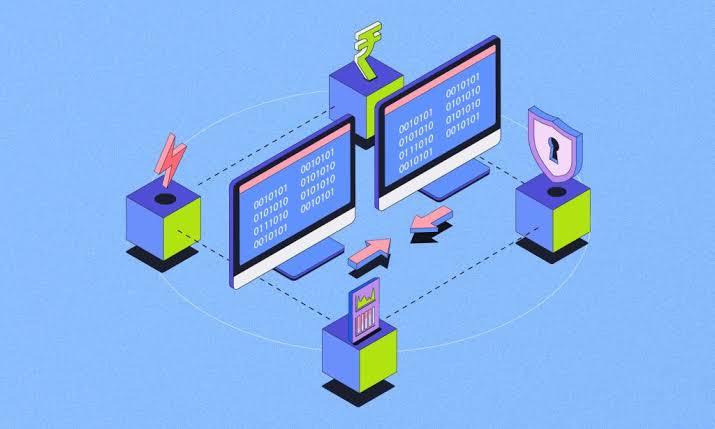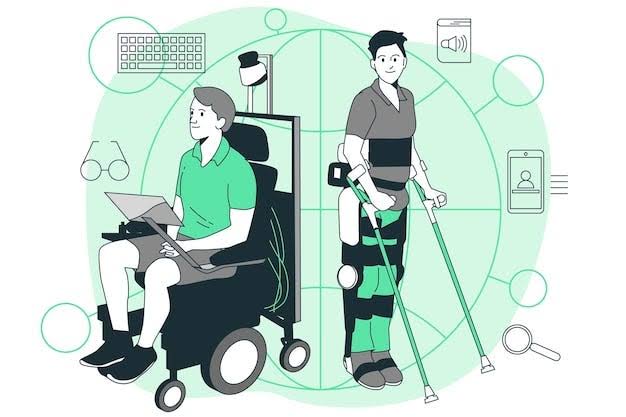Blockchain technology has evolved from being the foundation of cryptocurrencies into a powerful tool for enhancing data security and trust across industries. One of its most promising applications is in secure data sharing, where privacy, transparency, and trust are often challenged. As digital systems continue to generate vast amounts of sensitive data, organizations, governments, and individuals are seeking ways to share this information without compromising security. Blockchain provides a unique solution, offering decentralized, tamper-resistant, and verifiable methods for sharing data.
Understanding Blockchain for Data Sharing
At its core, blockchain is a decentralized ledger that records transactions across multiple computers. Unlike traditional databases that rely on centralized control, blockchain operates without a single point of failure. This distributed design ensures that no single entity has complete control over the data, reducing risks of manipulation or breaches.
When applied to data sharing, blockchain allows multiple parties to access and verify information securely. Every entry on the blockchain is encrypted, timestamped, and linked to previous entries, creating a chain of trust. This makes unauthorized alterations nearly impossible and ensures data integrity.
Addressing Security and Privacy Challenges
Data breaches and unauthorized access have become major global issues, affecting both individuals and organizations. Traditional systems often rely on centralized servers that are vulnerable to hacking. Blockchain eliminates this risk by spreading data across a network of nodes.
Additionally, blockchain supports encryption and permissioned access. This means users can control who has access to specific pieces of data without revealing everything. For instance, in healthcare, a patient can share only relevant medical records with a doctor while keeping other details private. Such selective sharing empowers individuals while maintaining data confidentiality.
Benefits of Blockchain in Secure Data Sharing
The use of blockchain for secure data sharing offers several advantages:
- Transparency: Every transaction or data exchange is visible to authorized participants, reducing the risk of hidden manipulations.
- Immutability: Once data is recorded, it cannot be altered or deleted, ensuring trustworthiness.
- Decentralization: The absence of a central authority minimizes the chances of a single point of failure.
- Auditability: Blockchain provides a clear history of data exchanges, which can be valuable for compliance and accountability.
- User Control: Individuals and organizations can decide who accesses their data and to what extent.
These benefits make blockchain an appealing option for industries that rely heavily on secure and accurate data exchanges.
Use Cases Across Industries
Blockchain-enabled data sharing is finding practical applications in many sectors:
- Healthcare: Secure sharing of patient records among hospitals, doctors, and insurance providers, ensuring privacy and accuracy.
- Finance: Transparent and secure data exchanges between banks, regulators, and clients to prevent fraud and enhance trust.
- Supply Chain Management: Verifiable records of goods at every stage, reducing fraud and ensuring product authenticity.
- Government Services: Transparent sharing of citizen data across departments, while ensuring privacy and preventing misuse.
- Research and Education: Secure collaboration among researchers while protecting intellectual property rights.
These examples highlight blockchain’s ability to ensure both security and efficiency in handling sensitive information.
Overcoming Challenges in Blockchain Adoption
While blockchain offers significant advantages, there are challenges that must be addressed for wider adoption. Scalability remains a concern, as processing large amounts of data on a blockchain can be slower compared to traditional systems. Energy consumption, especially with older consensus mechanisms like proof-of-work, also raises sustainability concerns.
Furthermore, regulatory frameworks for blockchain are still evolving in many regions. Ensuring that blockchain-based data sharing complies with global privacy laws such as GDPR is critical. Interoperability between different blockchain platforms is another challenge that must be solved to make data sharing seamless across industries.
The Future of Blockchain in Data Security
Looking ahead, blockchain is expected to play an even larger role in secure data sharing. Advancements in blockchain scalability, such as proof-of-stake and layer-two solutions, are making the technology more efficient and sustainable. Integration with artificial intelligence and the Internet of Things will create new opportunities for secure data management in real-time applications.
As more industries adopt blockchain, trust in digital ecosystems is likely to increase. Governments and organizations will increasingly look to blockchain as a standard for ensuring data integrity, transparency, and privacy in an interconnected world.
Conclusion
The role of blockchain in secure data sharing is becoming increasingly vital as society navigates the challenges of digital transformation. By providing transparency, immutability, and decentralized trust, blockchain addresses the vulnerabilities of traditional data systems. While adoption challenges remain, its potential to revolutionize industries such as healthcare, finance, supply chains, and government is undeniable. In the years ahead, blockchain is set to become a cornerstone of secure, efficient, and trustworthy data exchange globally.




Good
Okay that’s good
Awey
Nice
Amazing
It’s awesome to a point actually
Woooow